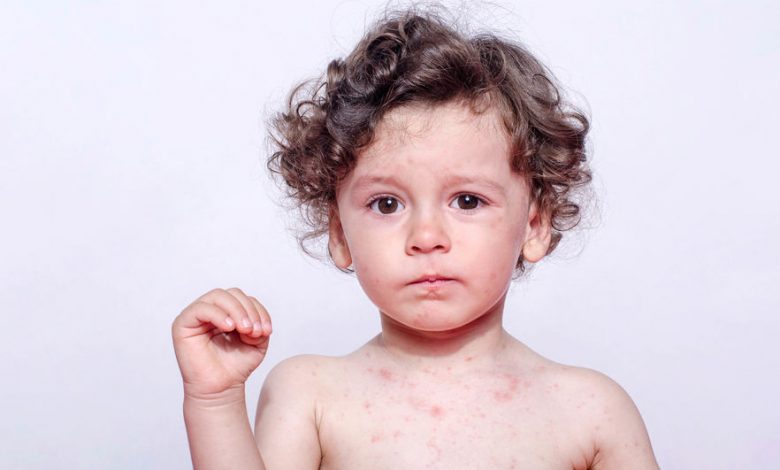Chickenpox: What’s that spot my kid’s got?
Chickenpox is very infectious and occurs worldwide as a childhood disease that lasts for five to seven days.

If your child has a rash of itchy blisters beginning on their torso, face, and upper limbs before spreading to the rest of their body, they might have chickenpox. Before you run to the hills screaming, know that even in modern times chickenpox is still one of the most common childhood infectious diseases, with most cases occurring before the age of 10 years.
We take a look at the signs and symptoms, incubation period, and treatment available for this virus.
Is chickenpox contagious?
The bad news is that chickenpox is highly contagious. This means that it can be spread from one person to another either by direct contact or through the air – for example, if an infected individual sneezes or coughs near others who are not infected. Chickenpox is usually much worse in adults. The good news is that it’s highly unlikely to get chickenpox more than once (although it can happen).
Incubation period
The disease has an incubation time of 12 – 21 days. This is the length of time from catching the infection to the appearance of symptoms.
Signs and symptoms
Your child may feel unwell and have a slight fever. A pustular rash may appear all over the body. These spots will later develop into blisters and form crusts.
Is there a chickenpox vaccine?
Yes, there is a chickenpox vaccine that is administered at one year of age. The vaccination is 95% effective in preventing chickenpox infection and it can be safely used in infants from 12 months of age. Ask your doctor about the chickenpox vaccine if your child hasn’t yet been infected.
Treatment available
Taking the vaccination is the best form of prevention. If, however, your child does get chickenpox, encourage him or her to avoid scratching the blisters. Be sure to clip his or her fingernails so that skin isn’t damaged, if he does scratch the blisters. The child should be kept cool and well hydrated. The infected child should be kept away from others as the disease is highly contagious and can be very dangerous to someone (especially adults or teenagers) who have not had chickenpox before.



